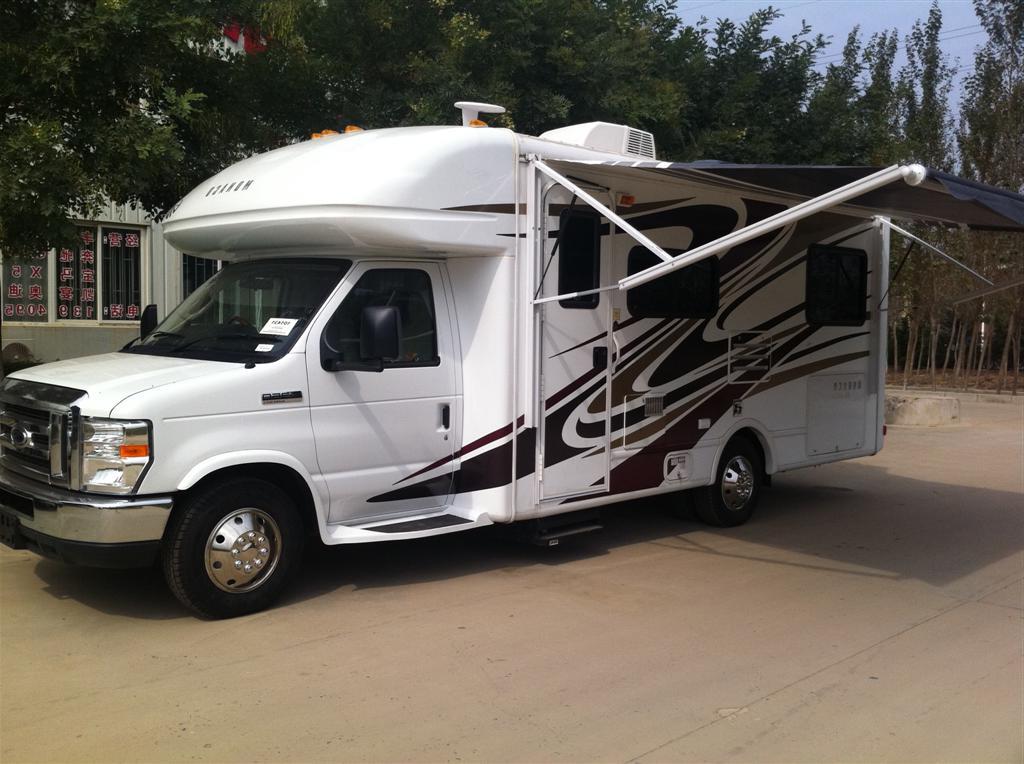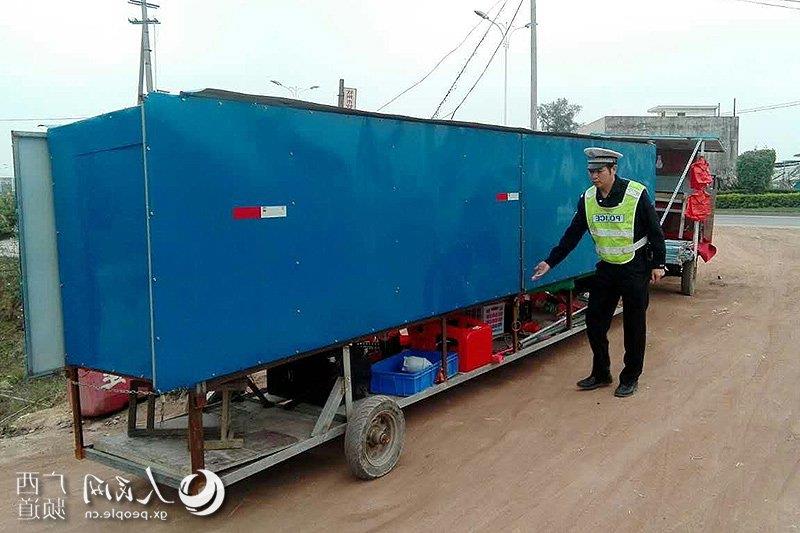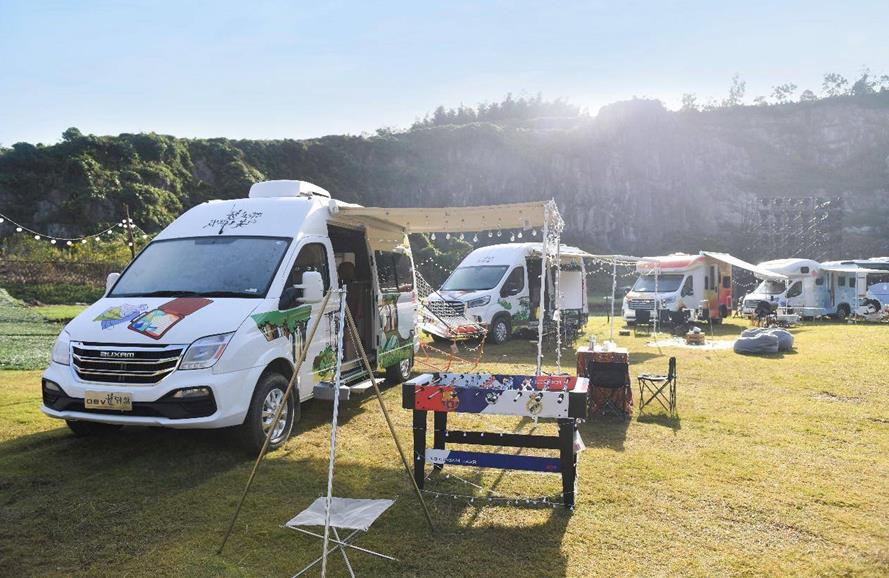Best Rv Converter

Should I upgrade my RV converter?
If your RV has an older single-stage converter/charger unit installed, then you should seriously consider replacing it. Single stage converter/chargers can shorten the lifespan of your batteries by overcharging them. There are even models that support the unique requirements of lithium deep cycle batteries.
What does a converter for an RV cost?
If you do need to replace your converter, prices vary between $150 – $1,600. The difference in price depends on the amount of amperage you are dealing with. For your RV, be prepared to spend above $400 or more.
What is a smart RV converter?
What is the difference between a power inverter and a power converter?
Converters are electrical devices that convert the voltage from alternating current (AC) to direct current (DC). Inverters are electrical devices that take the power from your batteries and “inverts” the power from 12v to 110v, which allows you to use 110v outlets powered by the power stored in your 12v batteries.
Does my RV have a converter or inverter?
Will an RV converter work without a battery?
If you are already connected to shore power source, you do not need a battery, as long as the converter is working properly. When you are connected to shore power, this power will go into your RV’s converter, which transforms the 120-volt AC power into the 12-volt DC power.
How do I know if my RV power converter is bad?
First, if the cooling fan, internal vents, or interior lights aren’t working properly, there may be an issue. Second, if you see abnormal flickering or dimming of lights on the dashboard or around the RV, it could be caused by converter problems.
Do RV batteries charge when plugged into shore power?
When you plug your rig into shore power, the battery charges via a device called a converter, which converts AC power into DC power so that your battery charges correctly.
How do I choose an RV converter?
Power converters require sufficient voltage input to operate. Begin by checking voltage at the outlet the RV is plugged into. Use a handheld multimeter to check voltage at the campground outlet. It should range between 108 and 130 volts, preferably 120.
How much does an RV inverter cost?
RV Inverter Pricing $150 to $300: Some of the best RV power inverters land in this middle price range. These are usually 3,000-watt RV inverters and 2,000-watt inverters for RV use, and typical features include larger batteries, higher power output, and multiple outlets for easy use.
How do I replace my RV converter?
Why do I need an inverter for my RV?
Many appliances and devices require 120V AC power. So, when the source of your RV’s power is a battery bank, as it is when you’re boondocking, you need an inverter to change the 12V DC electricity from your RV’s batteries to 120V AC electricity for use with your 120V appliances.
Is an inverter better than a generator?
If you’re powering telecommunications devices other sensitive technology, an inverter generator is a safer choice. Using conventional generators to power these devices can cause malfunctions or damage to occur. Inverter generators provide a more constant and high quality power supply.
What size inverter do I need for a camper?
Depending on size, most RV’s should operate off inverters rated at 2000 to 4000 watts (continuous). Generally, inverters will supply surge loads of 1.5 to 2 times their rated continuous output to allow for high demand start up loads such as fridges and compressors.
When should I turn on my RV inverter?
For most installations, an RV inverter should be turned off when not in use. This is because an inverter can drain power from batteries even when there is no power being used.
How do I know if my RV converter is charging my battery?
Can you use a car battery in a RV?
Unless you are in an extreme emergency, using a car battery for your travel trailer is not a good idea. Not only are they not going to provide enough power, but you may ruin your battery in the process. Instead, make sure that you are using a deep cycle battery.
Should I leave my travel trailer plugged in all the time?
Should I leave my RV plugged in when not in use? For RV rentals, when you’re out on the road, or for any short term battery usage, you should have no problem leaving your RV plugged in 24/7. If you’re renting an RV from a company like Cruise America, you won’t have to worry about overcharging your battery.
What does a 3 stage converter do?
WFCO’s THREE STAGE converter handles every charging need for your RV. AND TWO STAGES DOES THE JOB! 1. NORMAL MODE (Absorption) powers all DC loads, and keeps the battery charged.
How do I reset my RV inverter?
To perform an inverter reset (also known as a soft reset), press and hold the Power ON/OFF button (see Figure 4-1) for approximately fifteen (15) seconds until the Charging/Inverting Status LED comes on and flashes rapidly. Once the rapid flashing has begun, release the Power ON/OFF button.
What does a 55 amp converter do?
The DLS-55 Converter/Charger converts nominal 108-132 AC voltage to 13.4 DC voltage for both DC load operation and 12V battery charging. As a power supply, the unit’s tightly controlled regulation allows the user to operate a nominal 12VDC load up to 55 amps.
Can I run my RV air conditioner on battery power?
Can You Run Your RV AC Unit On Batteries? The short answer is yes. With the proper equipment and enough batteries, you can run your RV AC unit on batteries. In addition to the lithium batteries, you’ll need an inverter to invert the DC battery power into AC power for most air conditioning units.
Should I disconnect my RV battery when plugged into shore power?
You should not need to disconnect your batteries while connected to shore power. Keeping your RV batteries charging via shore power prevents them from draining too much while not in use. It is also important to note that not all of your RV systems can run on AC power.
What keeps draining my RV battery?
You may have more power draw on the batteries than you think you do. Dome lights and headlights left on are two common culprits. Furthermore, you should disconnect the ground wire while it is in storage to prevent that from draining the battery when it isn’t in use.
How can I make my RV battery charge faster?
In fact, a high-amperage battery charger plugged into a 120v outlet is arguably the fastest way to charge an RV battery. And don’t worry if your camper has 6v batteries, as they will be wired together in pairs to create 12 volts.









